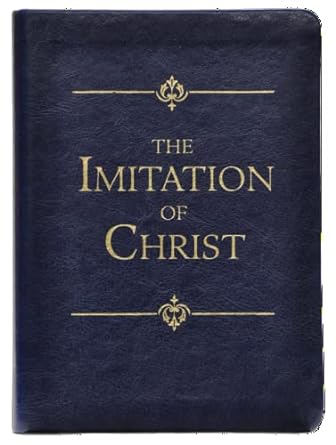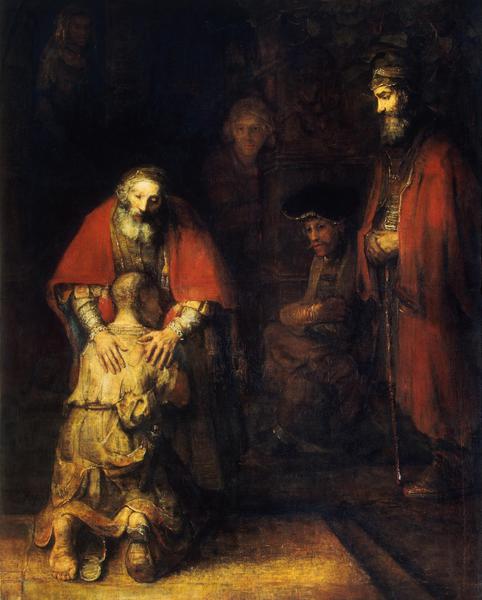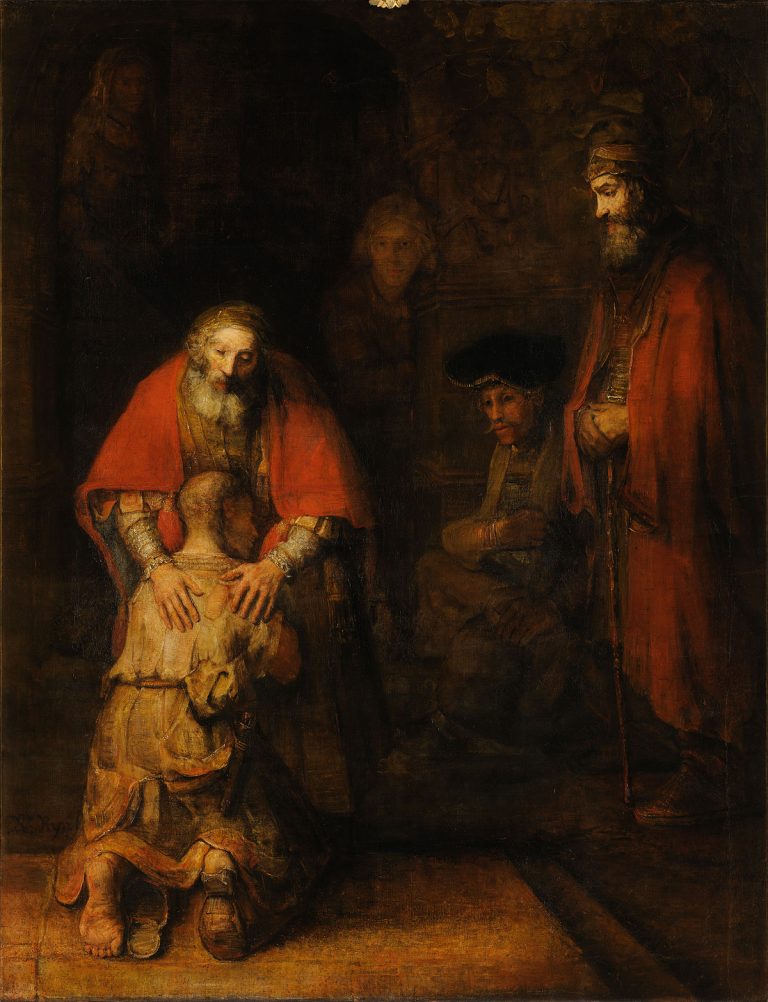
Ancient Anglican
A Modern Perspective on Early Christian Thought.
New on the Blog
Imitation of Christ – Book 3, Ch.11-15, pt.2
discernment is rooted in spiritual practice, yet it is not a step-by-step process. It requires, learning to listen for and recognize over time the voice and character of God in our hearts and daily lives. – Henri Nouwen
Imitation of Christ – Book 3, Ch.6-10, pt.2
We want to be the best Christian we can be. But, the example Christ gives us is to be humble, not to be the “best”. In our union with Christ, we are not called to great moral progress or perfection but simply to appear before him with a broken and contrite heart. Ps. 51:17.
Imitation of Christ – Book 3, Ch.6-10, pt.1
Within these mediations á Kempis continues to caution us to not put our faith in holy things, religious practices, or spiritual feelings. Rather our faith and the object of our desire should be Christ alone.
Imitation of Christ – Book 3, Ch.1-5, pt.2
Wandering is good when the mind wanders on God during the entire extent of his prayer, on God’s glory and majesty, stemming from a recollection of the Scriptures, from an understanding of the divine utterances and holy words of the Spirit.
Imitation of Christ – Book 3, Ch.1-5, pt.1
The first step in this unification of the soul with Jesus is the cultivation of the ability to listen and to know his voice. Throughout the scriptures, we see that God speaks to us in our silence.
A Sermon on the Parable of the Prodigal Son
The purpose of the parable isn’t to teach us that God will always welcome us home or to be a joyful rule follower. Rather, the heart of the parable, and indeed the very heart of the Gospel, is to teach us what it means to become the Father.
The Return of the Prodigal Son, Conclusion, pt.2
Salvation is not a change in location but a change in being. It is not about going to Heaven but becoming the Father in whose likeness we are to become.
The Return of the Prodigal Son, Conclusion, pt.1
Fr. Nouwen posits that the ultimate lesson of the parable, and indeed the core message of the Gospel, is that we are to become like the Father. We are called to imitate the compassionate God that is disclosed to us as the compassionate father in the parable.
The Return of the Prodigal Son, Ch.7-9: The Father, pt.2
At the end of each parable in Luke 15, the main character goes to their neighbors and says rejoice with me for that which was lost has been found. Think about how we, as the Church, are called to this rejoicing.
The Return of the Prodigal Son, Ch.7-9: The Father, pt.1
In th epainting, look at the father’s hands. The father’s left hand is masculine and grasps the son tight, whereas the right hand is feminine and rests gently on the younger son to comfort him as only a mother can.
The Return of the Prodigal Son, Ch.4-6: The Older Son, pt.2
What is the basis of the older son’s relationship with the Father? Is there any hope for the elder son?
The Return of the Prodigal Son, Ch.4-6: The Older Son, pt.1
Nouwen calls the older son’s resentful conduct the “frozen anger among the saints.” This anger develops into a “pathology of darkness” from which the older brother cannot escape.



